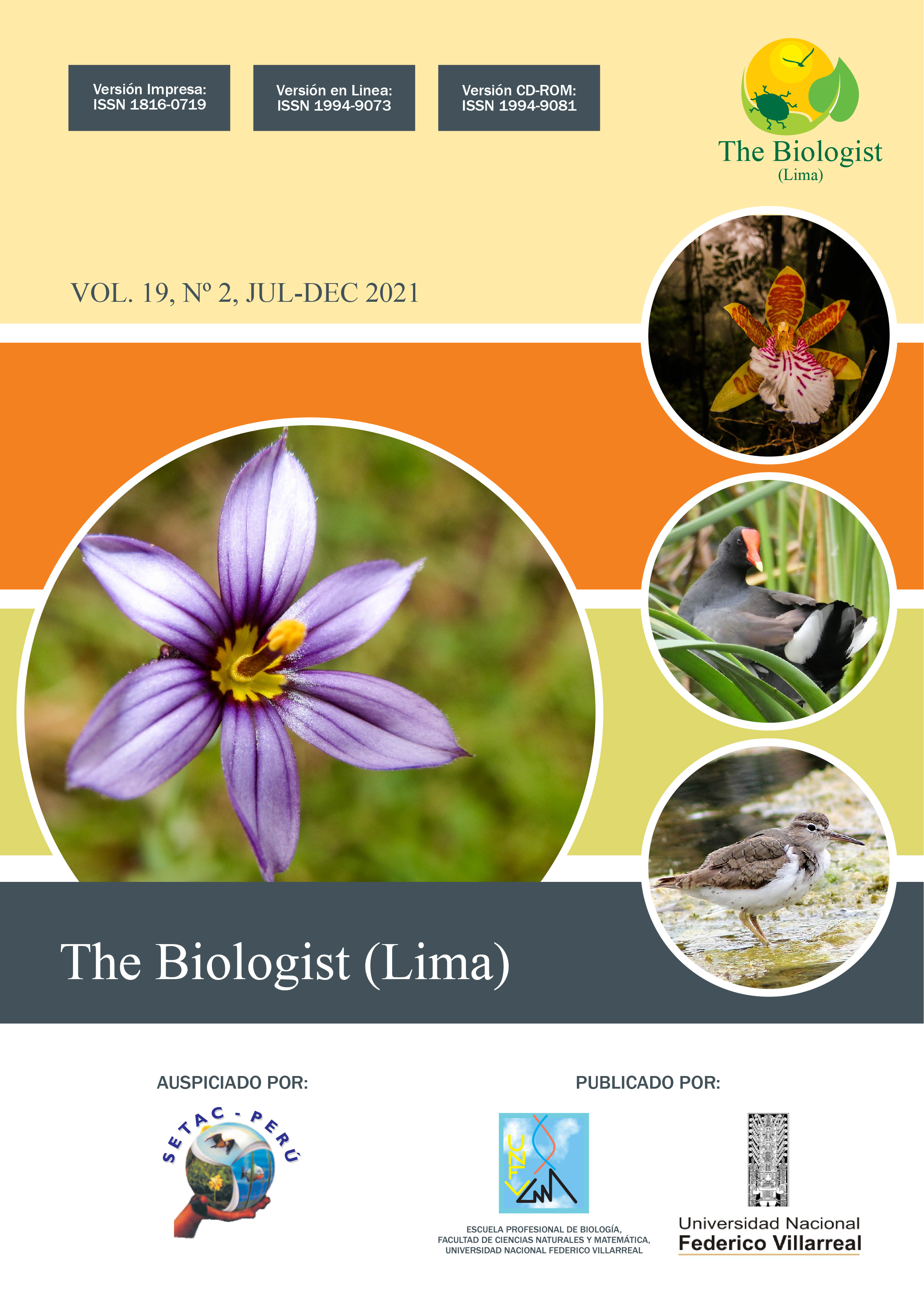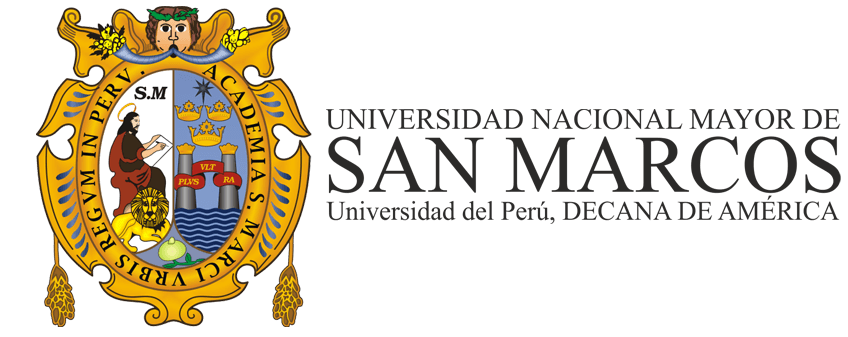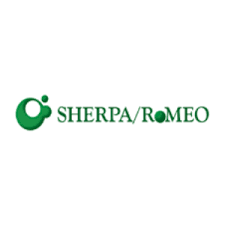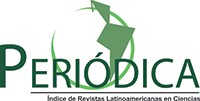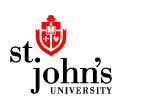COMPOSITION, MECHANISMS AND IMPORTANCE OF THE MUCOSAL MICROBIOME IN MARINE ORGANISMS
DOI:
https://doi.org/10.24039/rtb20211921023Keywords:
antigenic, commensal microbiota, immunocompetentAbstract
Mucosal immunity, which many marine organisms carry with them, has become a topic of interest due to the characteristics and immunocompetent diversity of the commensal microbiota in response to immediate contact in their environment, which harbors biological, chemical and physical risks. The objective of this review was to evaluate the composition, mechanisms and importance of the mucosal microbiome in marine organisms and to lay the foundations on sustainable, viable and systematic strategies for immunomodulatory surfaces. The bibliographic search was carried out in google search, obtaining 38 bibliographic references, mainly scientific articles in English and Spanish. The results indicate that this mucus or defense organ in marine organisms harbors antigenic bacterial communities with a range of cells, probiotic, innate protective and adaptive molecules, which give specific and solid responses for disease control. There is a greater microbiota associated with environmental diversity on the external surfaces (gills and skin), while there is a more stable habitat for these specialized communities in the fish intestine. This diversity is highly variable and can depend on the species and geographic location. In conclusion, we found a great diversity of bacteria on mucosal surfaces, and that these could be a reservoir of bacterial diversity, suggesting a coevolution between bacteria - host - ecological parameters. However, the study of natural bacteria doing chemotaxis in the mucosa of some marine organisms would be interesting.Downloads
Published
How to Cite
Issue
Section
License
Copyright (c) 2021 The Biologist

This work is licensed under a Creative Commons Attribution-NonCommercial-NoDerivatives 4.0 International License.
Objeto: El AUTOR-CEDENTE transfiere de manera TOTAL Y SIN LIMITACIÓN alguna al CESIONARIO (Revista The Biologist (Lima)) los derechos patrimoniales que le corresponden sobre sus obras por el tiempo que establezca la ley internacional. En virtud de lo anterior, se entiende que el CESIONARIO adquiere el derecho de reproducción en todas sus modalidades, incluso para inclusión audiovisual; el derecho de transformación o adaptación, comunicación pública, traducción, distribución y, en general, cualquier tipo de explotación que de las obras se pueda realizar por cualquier medio conocido o por conocer en el territorio nacional o internacional.
Remuneración: La cesión de los derechos patrimoniales de autor que mediante este contrato se hace será a título gratuito.
Condiciones y legitimidad de los derechos: El AUTOR-CEDENTE garantiza que es propietario integral de los derechos de explotación de la(s) obra(s) y en consecuencia garantiza que puede contratar y transferir los derechos aquí cedidos sin ningún tipo de limitación por no tener ningún tipo de gravamen, limitación o disposición. En todo caso, responderá por cualquier reclamo que en materia de derecho de autor se pueda presentar, exonerando de cualquier responsabilidad al CESIONARIO.
Licencia de acceso abierto: El AUTOR-CEDENTE autoriza que manuscrito publicado en la Revista Científica The Biologist (Lima) (versión Impresa ISSN 1816-0719, versión en línea ISSN 1994-9073) permanece disponible para su consulta pública en el sitio web http://revistas.unfv.edu.pe/index.php/rtb/index y en los diferentes sistemas de indexación y bases de datos en las que la revista tiene visibilidad, bajo la licencia Creative Commons, en la modalidad Reconocimiento-No comercial- Sin Trabajos derivados –aprobada en Perú, y por lo tanto son de acceso abierto. De ahí que los autores dan, sin derecho a retribución económica, a la Escuela Profesional de Biología, Facultad de Ciencias Naturales y Matemática de la Universidad Nacional Federico Villarreal (EPB - FCCNM - UNFV), los derechos de autor para la edición y reproducción a través de diferentes medios de difusión.

